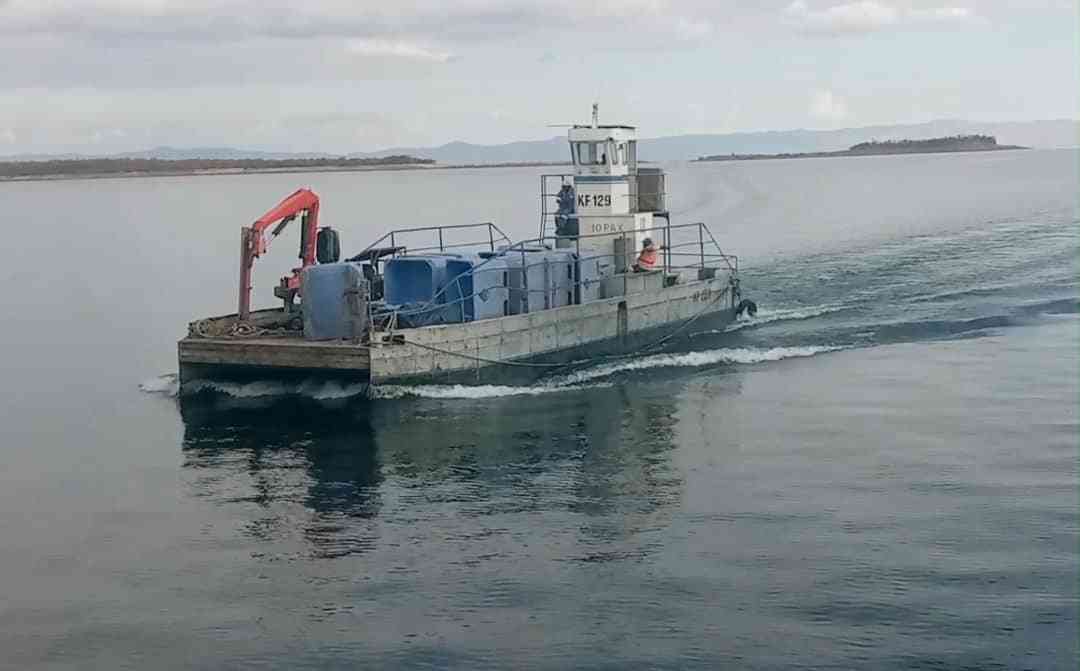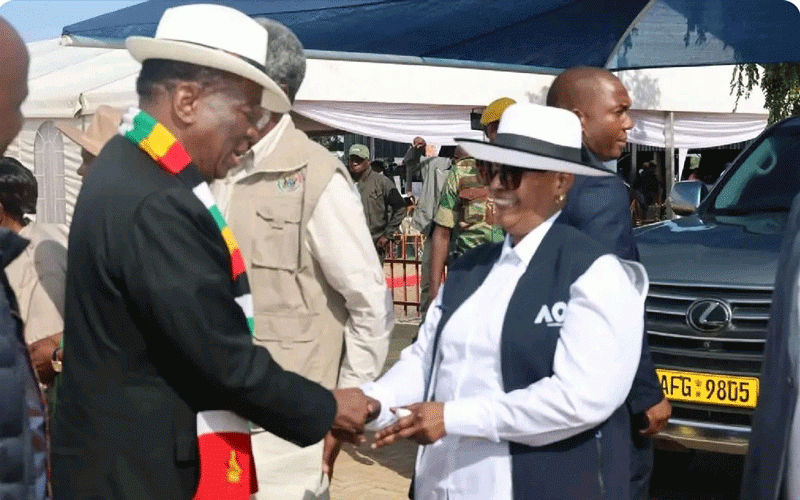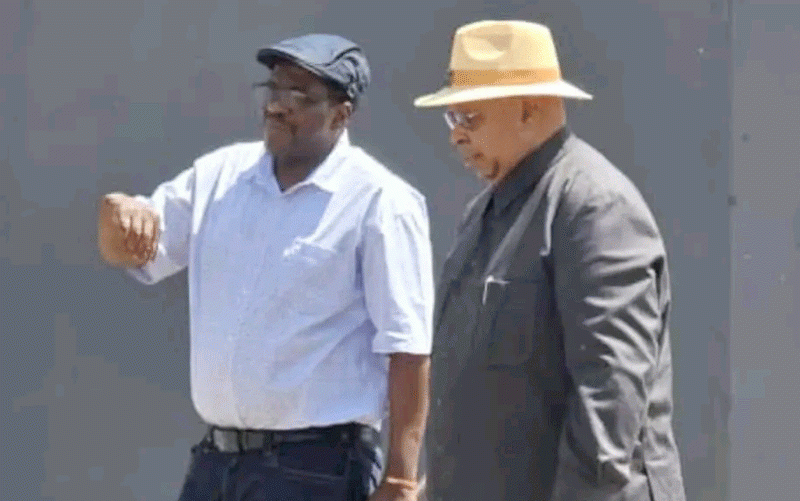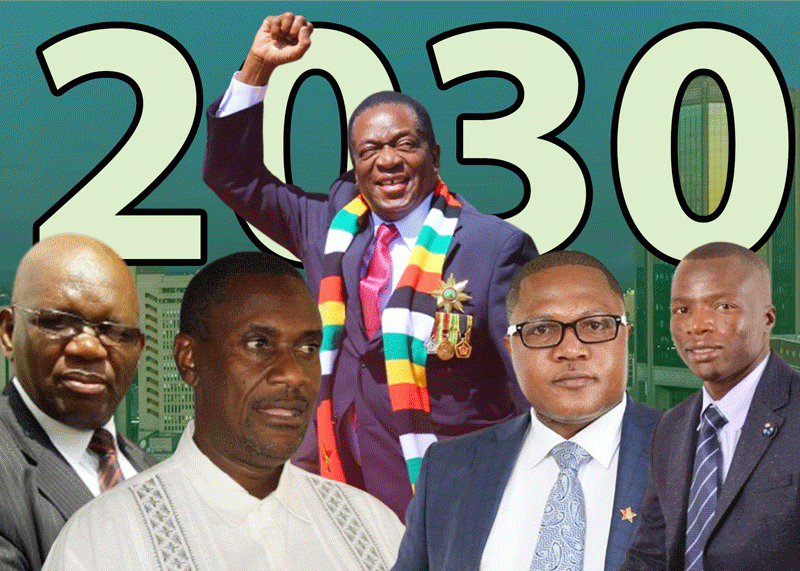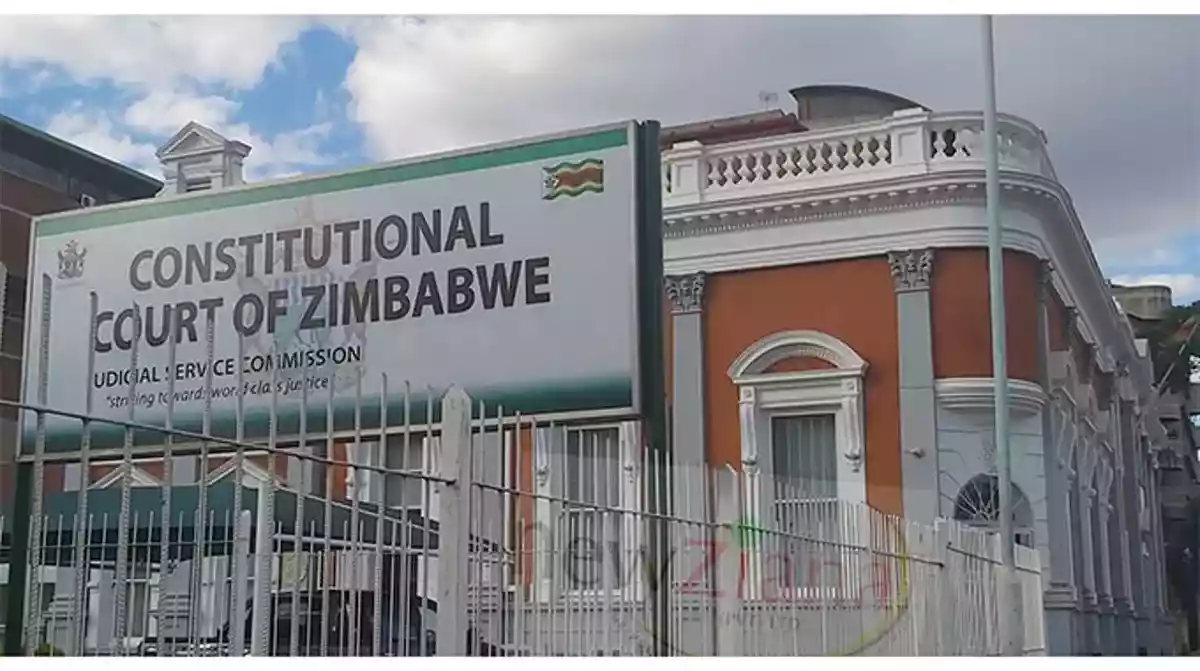
A construction company that was subcontracted for the Harare Airport Road project is seeking direct access to the Constitutional Court to challenge a Supreme Court judgement that stopped it from attaching a piece of land to settle a debt.
The Supreme Court last month overturned a High Court judgement that allowed Fairclot Investments to attach land belonging to Augur Investments in Harare’s posh Borrowdale to recover a US$4.8 million debt.
In its application, Fairclot argued that the Supreme Court ruling violated its rights as provided in the constitution, and in the interest of justice, its application for direct access to the ConCourt should be granted.
Fairclot director Grant Russel in his founding affidavit said the Supreme Court ruling has led to the violation of his rights.
Russel, who is represented by the Mutumbwa and Mugabe lawfirsm, said the focus of his application was to challenge the manner the Supreme Court reached its judgement.
Part of the company’s draft order says: “Whereupon after reading documents filed of record and hearing counsel, it is ordered that the applicants are hereby granted leave to file their Constitutional Court application, a draft of which is attached to this application, with the registrar.
“That there be no order as to costs.”
On May 9 this year, Fairclot won a High Court challenge against Augur Investments’ move to settle its long outstanding debt for the work on the Airport Road project in local currency.
- ‘Govt spineless on wetland land barons’
- SA’s search for a fairer electoral system
- SA’s search for a fairer electoral system
- Mawere demands judge’s recusal
Keep Reading
Justice Nyaradzo Munanganti-Munongwa ruled that August Investments’ land in Pomona worth US$105 million must be attached and sold to resolve the debt dispute with Fairclot Investments.
The land is now registered under West Property Holdings (WestProp), which is listed on the Victoria Falls Stock Exchange.
WestProp is owned by businessman Ken Sharpe.
Augur Investments succesfully appealed against Justice Munangati-Munongwa’s judgement at the Supreme Court.
Augur argued that it had paid Fairclot in full after transferring $4.8 million for the US$4.8 million debt over the Airport Road deal using the 1:1 rate following the promulgation of Statutory Instrument 33 of 2019.
A three-panel Supreme Court bench comprising justices Chinembiri Bhunu, George Chiweshe and Hlekani Mwayera ruled that it was legal to settle the debt in local currency.
In his latest application, Russel said he accepted that a decision by the Supreme Court on a non-constitutional issue cannot be appealed, but his application was being made on the basis that the ConCourt has the jurisdiction to determine any constitutional issue.
“That is the basis on which direct access has been granted,” he said.
He said the “Supreme Court failed to act in accordance with the requirements of the law governing the proceedings or prescribing the rights and obligations of parties subject to determination, a failure to act in terms of the law of such magnitude that it has led to a loss of rights.”
“The applicant has been advised that previous judgments of this honourable court say that section 56(1) of the constitution does not enshrine a straight-forward right to the protection of law,” he argued. “Applicant contends that that interpretation is a wrong reading of section 56(1) of the constitution.
“Applicant, through counsel, urges the court to depart from its previous judgments and adopt an interpretation that interprets section 56(I) as incorporating a straight-forward right to the protection of the law.
“This is so because section 18 of the old Constitution cannot be regarded as having disappeared from the law of Zimbabwe.
“In any event, Section 47 of the constitution enjoins the courts to give the widest possible interpretation of the rights and freedoms enshrined in Chapter 4 in order to give them full effect.”
He said the Supreme Court can be wrong in its final determination of a non-constitutional issue and where it makes a patently wrong decision, the right in section 56(1) of the constitution is infringed.
“When that happens, the rules on applications for direct access would act as a necessary cipher against unmeritorious challenges to decisions by the Supreme Court,” Russel added.
Russel said the Supreme Court unjustifiably ignored the law and judicial precedence and proceeded to use the discretion it did not have to hear the third respondent (Doorex Pvt Ltd)’s appeal on costs.
Doorex is Sharpe’s company that held the Pomona land title after it was transferred from Augur.
He said it was suspicious that the appeal itself was filed and judgement issued in such a short period of time.
“The Supreme Court has failed to render judgment in the case of SC230/22,” Russel added.
“This is an appeal wherein I and another are facing spurious charges laid against us in our personal capacities and not against the applicant by the first respondent (Augur) relating to the same dispute.
“This appeal was heard by the Supreme Court in September 2022 and judgment remains outstanding.
“The fact that the Supreme Court appeal in this case was heard and judgment issued in record time in favour of the first respondent, which ruling just coincidentally satisfies the first respondent's needs to report to the Victoria Falls Stock Exchange (VFEX) appears to be less of an accident and more of design.
“I have often heard it being said that justice must not only be done, but be manifestly seen to be done.”

